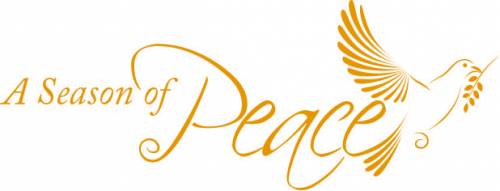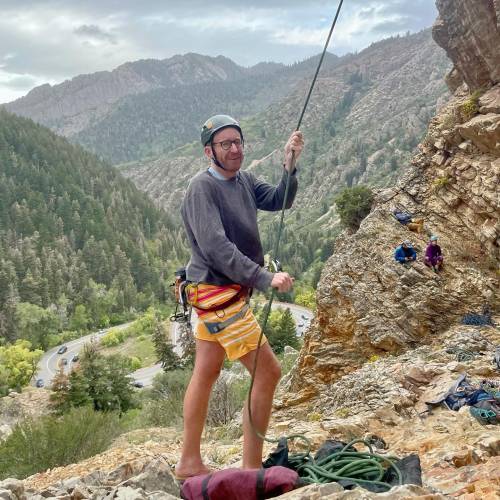
When a foreigner lives with you in your land, don’t take advantage of him.
Treat the foreigner the same as a native.
Love him like one of your own. Remember that you were once foreigners in Egypt.
I am God, your God.
Leviticus 19:33–34 (MSG)
What started as a fun family outing became my first summer job. I was the slowest blueberry picker those fields had ever seen.
For me, I split slim earnings between a college fund and gas money. For them … it did not occur to me that families working in those fields could remotely live on what they made. It never occurred to me that they moved to work other fields, or how they managed dreams for their children’s college education. I never asked.
Our culture makes it so easy to not ask about our neighbors. Loving the migrant, as God calls us to do, means overcoming our prejudicial tendencies. It means honoring economic refugees, in their work, in their person and in the beauty they bring to a diverse beloved community.
Our system makes it so easy to not ask about the immigrant experience. Loving the refugee means creating peace for those who flee violence, only to find layers of fear and frustration, xenophobia and housing insufficiency. It means effecting merciful and meaningful change through your actions and political voice.
Our world makes it so easy to not ask about the millions who shuffle across borders and through camps. Loving those who are displaced means advocating for a reverse of climate crises and military aggression. It means supporting holistic resettlement programs.
Loving the sojourner means praying to de-center the comfort of native identity. We all have been given the grace of welcome and we are all called to extend that grace to others, including migrants, with radical compassion.
Action: Learn to say “Thank you” in as many languages as you can. A simple dhanyabad (Nepali) or motshakeram (Persian) can brighten someone’s day more than we might ever expect.
Prayer: God of the wandering Aramean, God of the displaced Savior, shine comfort on those who are finding new lands. Give us the courage to welcome sincerely and the strength to demand that of our cultures and leaders. Amen.

The Rev. Hansen Wendlandt serves as the pastor for Community of Grace Presbyterian Church in Sandy, Utah. When he is not climbing up rocks or skiing down mountains, he dreams about working a big garden and weekends camping in a van down by a river.
This year’s Path of Peace reflections are designed to help participants explore peacemaking efforts addressing some of the major issues of our time. The theme for the 29 days of the 2022 A Season of Peace is Led Forth in Peace: Critical Areas of Engagement for Peacemakers. With these daily reflections, we are invited to reflect upon ways to practice peace by engaging the following critical areas:
-
-
- Climate change
- Nonviolence

- The intersection of poverty and racism
- Immigration/migration
-